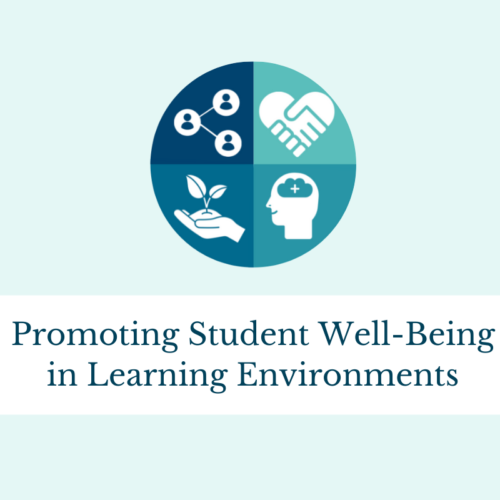Media Multi-Tasking: Effects on Students’ Attention
Does multi-tasking improve or impair attention? The findings of a laboratory-based study (reviewed below) illuminate the relationship between the use of devices and the potential for distraction. The researchers in this study set out to test whether undergraduates who are “heavy media multi-taskers” might have an improved ability, relative to peers who are “light media multi-taskers,” to filter out distracting information. The researchers defined “media multi-tasking” or simultaneously engaging with different media—including print, television, computer-based video, music, text messaging, instant messaging, Web-surfing, email. Their findings were precisely the opposite of what they had expected to find: heavy media multi-tasking was related to a reduced ability to ignore distractions and focus on pertinent information—even after accounting for potential differences in academic aptitude, personality and performance on standard creativity and memory tasks.
A study by Ophir, Nass, and Wagner (2009) suggests that students who frequently switch their attention back and forth—from listening to a lecture or answering questions to activities such as texting or updating social networking sites, for example—may actually be less able to filter out irrelevant distractions from pertinent information—even when they are not texting or social networking.
The study examined the relationship between undergraduates’ reported levels of “media multi-tasking”—or performing multiple, simultaneous activities in different media, including print, television, computer-based video, music, text messaging, instant messaging, Web-surfing, email—and their performance on cognitive tasks measuring attention.
The researchers wondered if people who engage in high levels of media multi-tasking might actually perform better on some types of cognitive tasks, such as those requiring attention-switching or sensitivity to subtle shifts in a visual scene. It is possible, after all, that having more experience with shifting attention between competing streams of information might confer a cognitive advantage in tasks that tap these skills. What the researchers found was the opposite: undergraduates in the study who were identified as “heavy media multi-taskers” were significantly more susceptible to distractions than were those who were identified as “light media multi-taskers.”
According to Ophir et al., the lower performance of the “heavy media multi-taskers” was not a result of differences in baseline cognitive ability. Additional testing revealed, in fact, that there were no significant differences between the groups on a variety of measures, including SAT scores, performance on standard creativity and memory tasks, and personality dimensions (including extraversion, agreeableness, conscientiousness, neuroticism, and openness).
It is not entirely clear if being a heavy media multi-tasker increases susceptibility to distraction, or if those people who are more distractible are more likely to become heavy media multi-taskers (Glenn, 2010). However, these findings suggest that heavy media multi-taskers have greater difficulty ignoring irrelevant information in the environment, whereas light media multi-taskers are better able to direct and focus their attention on task goals, even when distracting information is present.
A discussion of the results of the 2009 Ophir study, in the context of other research on attention and memory, may be found in the Chronicle of Higher Education (Glenn, 2010).
References
Ophir, E., Nass, C., & Wagner, A. D. (2009). Cognitive control in media multitaskers. Proceedings of the National Academy of Sciences, 106(37), 15583–15587.
See also: Junco, Reynol (2014).Research on Social Media. In Engaging Students through social media: Evidence-based practices for use in student affairs. San Francisco: Jossey-Bass
Image source: Pixabay.com, released as public domain under Creative Commons CC0.

This work is licensed under a Creative Commons Attribution-NonCommercial-NoDerivatives 4.0 International License.

